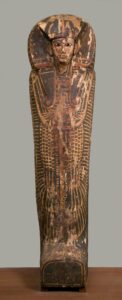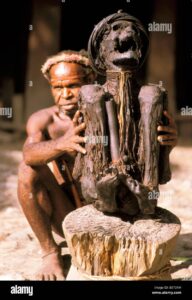
Over time, the world of literature has been graced with a plethora of creative minds, composing silhouettes of their creative prowess through the words they ink down. One such profound proponent of literature is Toni Morrison, whose literary masterpiece, the “Song of Solomon”, is an epitome of profound lyrical beauty. This Pulitzer Prize-winning author crafts eloquent verses revealing cultural and historical narratives of African Americans.
An Overture into the “Song of Solomon”
The “Song of Solomon” is not just a work of fiction, but it encases a socio-political discourse, presenting the struggles and survival of African Americans during the 20th century. Morrison cleverly weaves folktales, music, and cultural customs into it, repackaging and presenting it in an artful form, as vibrant and evocative as a lyrical song.
Its storyline revolves around Macon ‘Milkman’ Dead III, from his rust-colored birth to his transformative epiphany. Readers are shown his evolution through the metaphoric journey, showcasing existential truths and identity crises that transcend cultural boundaries.
Lyrical Cadence that Stir Emotions
Morrison’s writing style is distinctively rhythmic, much like the ebb and flow of music. This musicality resonates throughout the ”Song of Solomon”, complementing the author’s exploration of African American culture. The dialogues recreate a musical aura of blues and gospel, subtly and naturally, like the notes of a well-composed melody.
This lyrical prowess does more than just add a poetic texture to her narrative. It serves as her storytelling style, enticing readers, and drawing them into the world she creates, hence establishing a deeper emotional connection with the characters and their experiences.
Symbolism and Metaphors: The Pulse of “Song of Solomon”
Apart from its lyrical quality, the “Song of Solomon” takes a deep dive into symbolic and metaphorical terrain. One cannot help but appreciate Morrison’s skillful use of these literary devices to underline critical and expansive themes of African American heritage, community, and identity.
An example of this is the character ‘Milkman,’ symbolizing a man trapped within societal constraints. He’s like a bird yearning to fly and only manages to reclaim his existential freedom when he decides to break free of these constraining binds.
In conclusion, Toni Morrison’s “Song of Solomon” is a symphony of words, bringing together a concoction of lyrical prose, symbolism, and African American cultural history. This fusion creates a compelling and moving narrative that stands as a testament to Morrison’s storytelling abilities, rightfully earning her the accolade of one of the most illustrious authors of our time.





